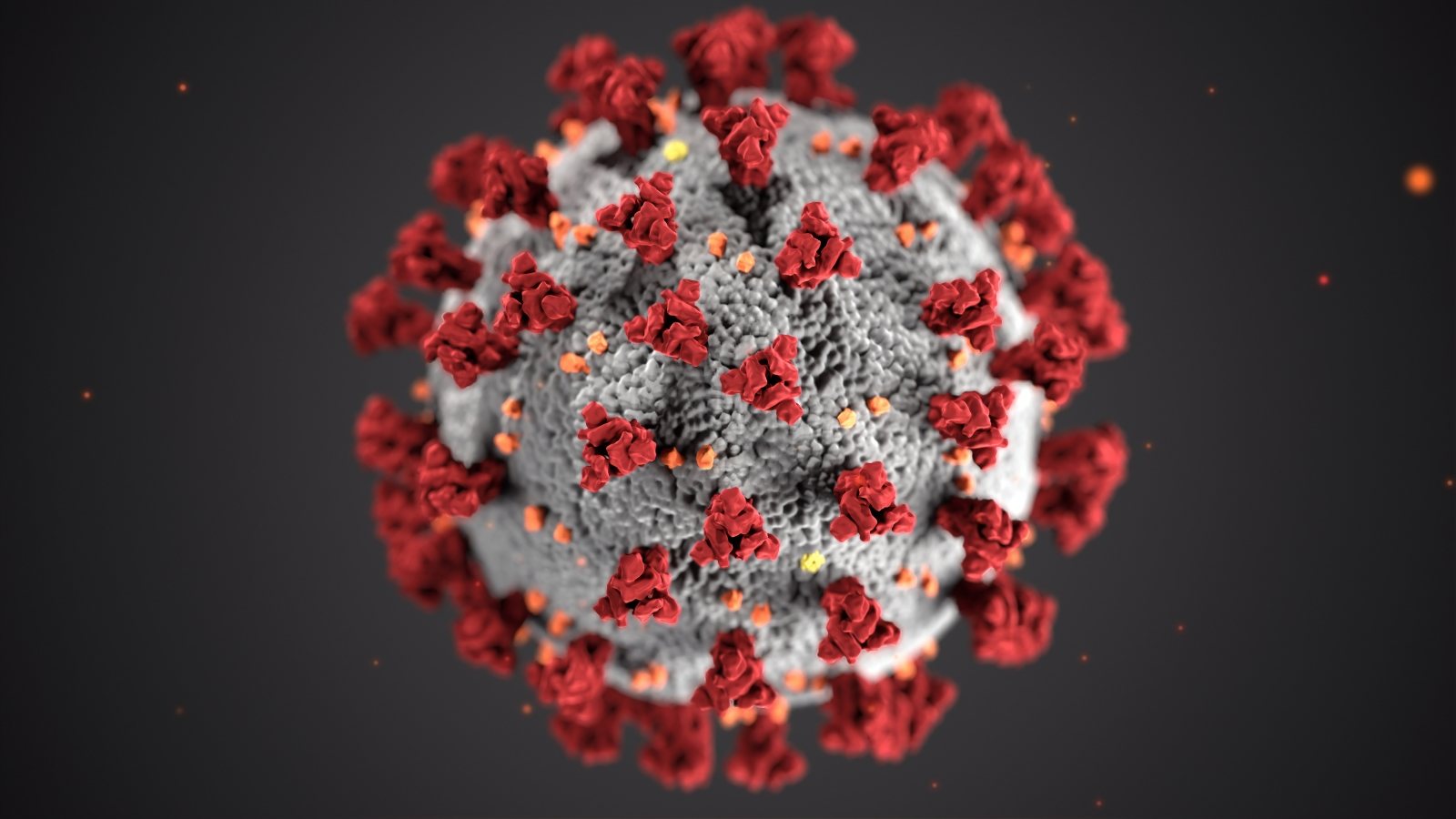The number of COVID-19 variants is growing rapidly, so much that the scale and scope of mutation may pose a threat to the continuing successful use of the current vaccines and therapies, a team that includes UCLA researchers announced Tuesday.
The pace of variation of the SARS-CoV-2 virus strains makes plain the threat that rapidly evolving new strains might give rise to escape variants, capable of limiting the efficacy of vaccines, therapies and diagnostic tests, according to the findings published in the June edition of the peer-reviewed journal EMBO Molecular Medicine.
“While there were only about 10 dominant mutations of the virus worldwide in April, 2020, their number had risen to roughly 100 mutations by spring 2021,” said Dr. Christina Ramirez, UCLA Fielding School of Public Health professor of biostatistics and a co-lead author of the study, which examined mutations in SARS-CoV-2 RNA sequences isolated between January 2020 and March of this year.
“Throughout 2020 and into the first quarter of 2021, more mutations in combination were found and propagated rapidly, despite lockdowns and other efforts to contain the spread,” Ramirez said. “The speed by which the virus traveled, even during lockdowns, emphasizes the difficulty in suppressing transmission of highly contagious respiratory viruses.”
The research team, made up of scientists from UCLA, UC Davis, Friedrich-Alexander University and the University of Cologne in Germany, studied mutations and variants isolated in the United States, India, Brazil, Russia, the United Kingdom, France, Spain, Germany, South Africa and China. The team defines variants as viruses with a specific set of mutations, and by that measure, while up to April 2020, only about 10 mutations were prevalent, at least 77 — and possibly as many as 100 new mutations — were found up to January of this year.
“At the end of April of this year, we followed the SARS-CoV-2 infection explosion in India with more than 353,000 cases and 2,812 deaths per day — the highest number of cases ever recorded worldwide,” said co-author Dr. Stefanie Weber, of FAU. “The virus variants known to date could be more contagious and potentially more disease-causing than the original virus from Wuhan.”
Given how much remains unknown about COVID-19, and the risks of further mutations and variants, the authors said public health agencies must commit resources for in-depth and ongoing research. Especially important is tracking the potential for mutations across the entirety of the SARS-CoV-2 viral genome, including replication functions, all the virus’ various proteins, and the viral genome.
“Our work documents the speed and power of SARS-CoV-2 mutant selection, which in turn may reduce the efficacy of COVID therapies and vaccines,” said co-author Dr. Barbara Weiser, an infectious disease specialist at UC Davis. “Molecular sequencing of COVID-19 to detect new mutants and variants must continue in order to optimize treatment and prevention of SARS- CoV-2.”







